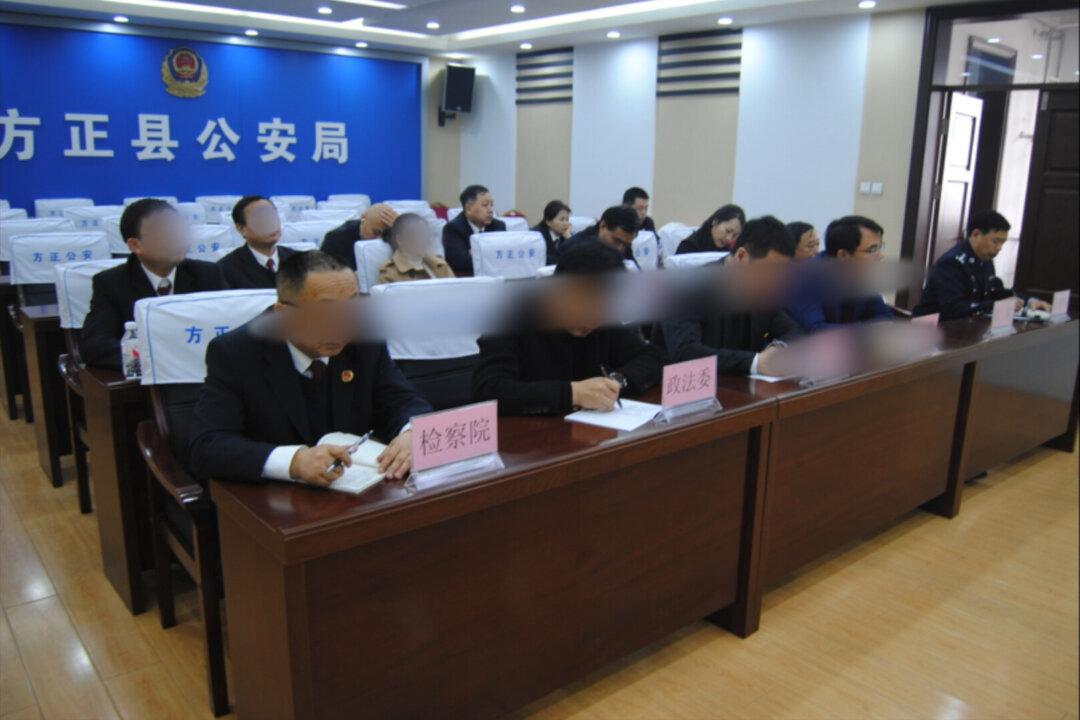Taiwan’s Foreign Affairs and National Defense Committee on Oct. 29 invited the head of the National Security Bureau to give a report on the island nation’s security at the Legislative Yuan. Legislator Chen Baiwei highlighted the interference from the Chinese regime’s disinformation campaign through troll farms in Taiwan and the national security agency confirmed such threats.
Beijing claims the self-ruled island as part of its territory, although Taiwan has its own military, democratically elected government, and currency.




